Australia's Anthony Albanese sworn in as new PM ahead of Quad summit
Anthony Albanese, who defeated Scott Morrison's conservative party in a tightly-contested election on Saturday, has been sworn in as Australia's new prime minister.
Albanese took the oath of office in a brief ceremony at Government House, Canberra on Monday.
He was sworn in with four key cabinet members, including new Foreign Minister Penny Wong, who is traveling with him to Japan, Treasurer Jim Chalmers, and Finance Minister Katy Gallagher.
It is the country's first Labor government in almost a decade, ending the long conservative rule. The party has won 74 lower house seats but counting continues to determine whether they can get the 76 needed to form a majority.
Soon after assuming power as the 31st Aussie prime minister, Albanese headed to Japan to participate in a four-member group summit with the United States, Japan, Australia, and India, commonly known as the Quad.
Today I am heading to Japan for the Quad Leaders’ Summit along with Foreign Minister @SenatorWong.
— Anthony Albanese (@AlboMP) May 23, 2022
I am honoured to represent Australia at this important forum.
I look forward to meeting with Japanese Prime Minister Kishida, US President Biden and Indian Prime Minister Modi. pic.twitter.com/7X1AsPNeFS
The immediate challenge facing Albanese and Wong, who accompanies the PM at the Quad summit in Japan, is to at least retain and ideally broaden Canberra's regional and global economic and military alliance with the US while de-escalating tensions with Beijing.
In a statement ahead of the meeting, Albanese said the Quad summit brings together four countries "in support of a free, open and resilient Indo-Pacific."
Wong signaled they would bring "new energy and much more to the table" on climate action, after "a lost decade".
At this week's summit in Japan, US President Joe Biden and Secretary of State Antony Blinken will be expecting the ideologically-close Labor government's PM and FM to be prepared to reinforce the Washington-Canberra alliance in both the Quad security dialogue and the AUKUS trilateral security pact.
Relations between China and Australia have strained since 2018 when Australia became the first country to ban Chinese telecom giant Huawei Technologies Co. from its 5G wireless networks.
Ties with Beijing got even worse during the pandemic after Morrison called for a probe into the origins of the coronavirus, toeing the line of US leaders.
"The Indo-Pacific strategy cooked up by the United States ... claims that it intends to 'change China's surrounding environment,' but its purpose is to contain China and make Asia-Pacific countries serve as 'pawns' of US hegemony," Chinese Foreign Minister Wang Yi said in early 2018 about the US alliances in the Indo-Pacific region.
Journalist Tucker Carlson says he was detained in occupied territories after interview with US amb.
VIDEO | Is there any hope for Russia-Germany relations?
VIDEO | Israeli land grab policies
Nuclear chief: Israeli infiltration, sabotage drove Iran towards nuclear self-sufficiency
IRGC intel. chief: Enemies devised 7-stage plot for recent riots
Israeli minister calls to 'encourage' Palestinian exodus
VIDEO | Press TV's news headlines
VIDEO | Near breakdown: Generators in Gaza’s main hospitals


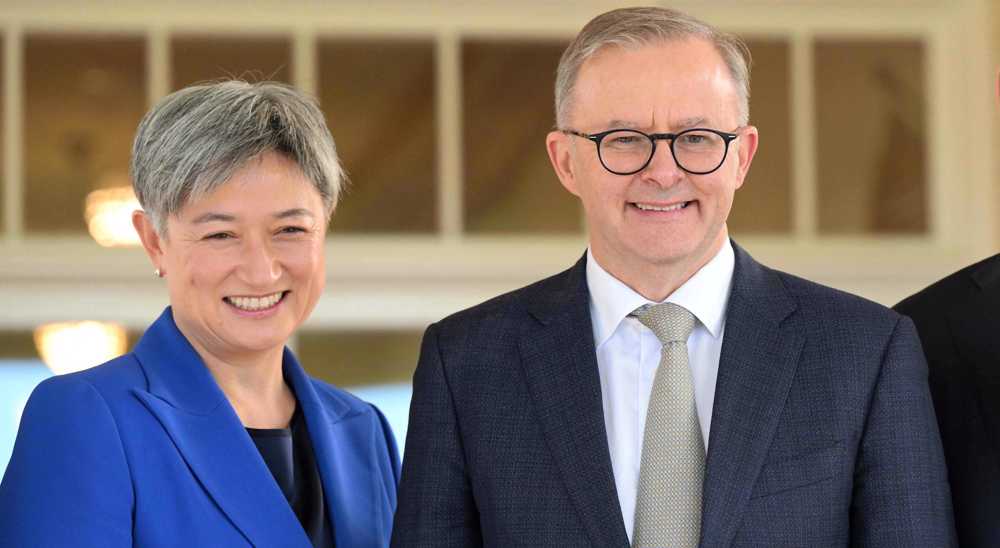
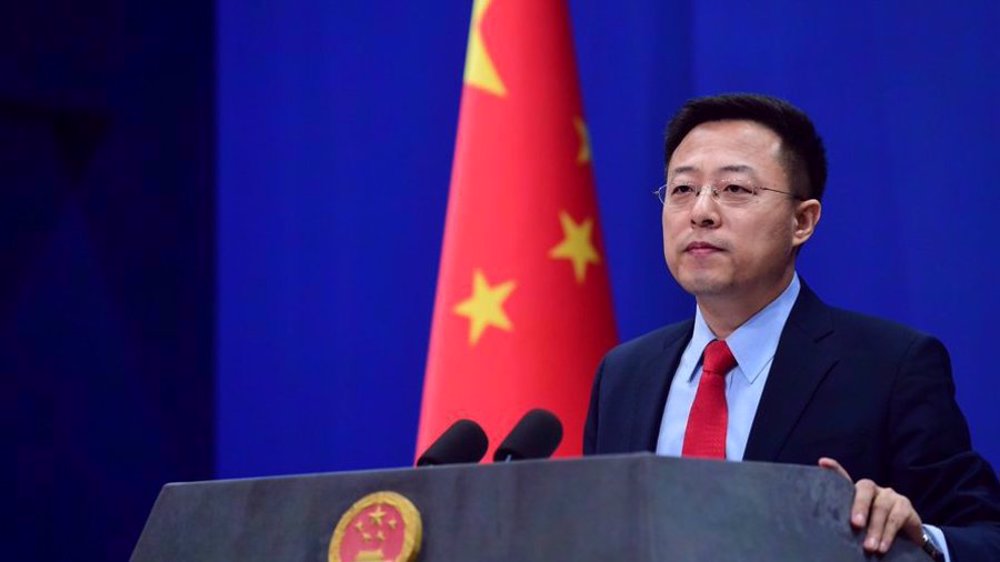

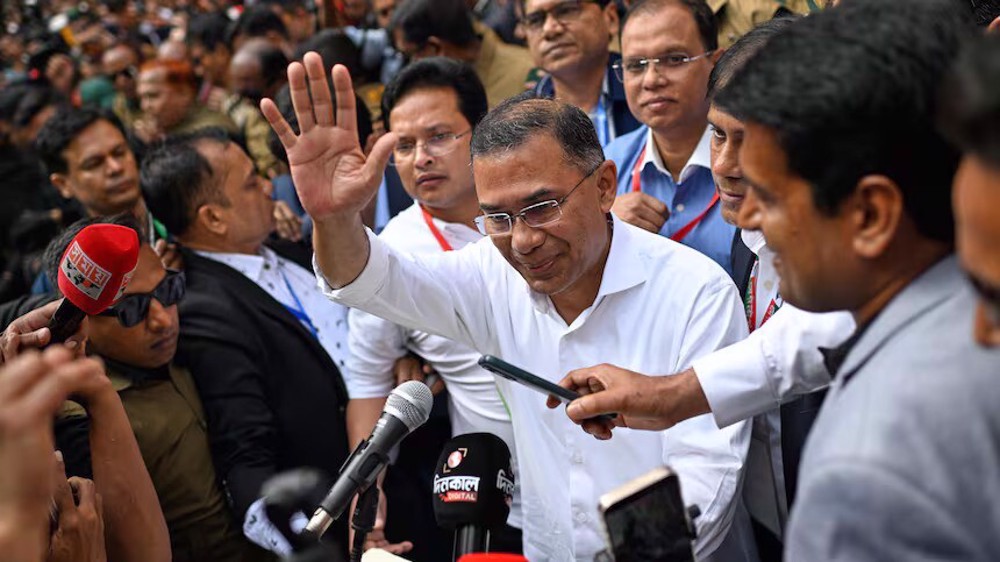




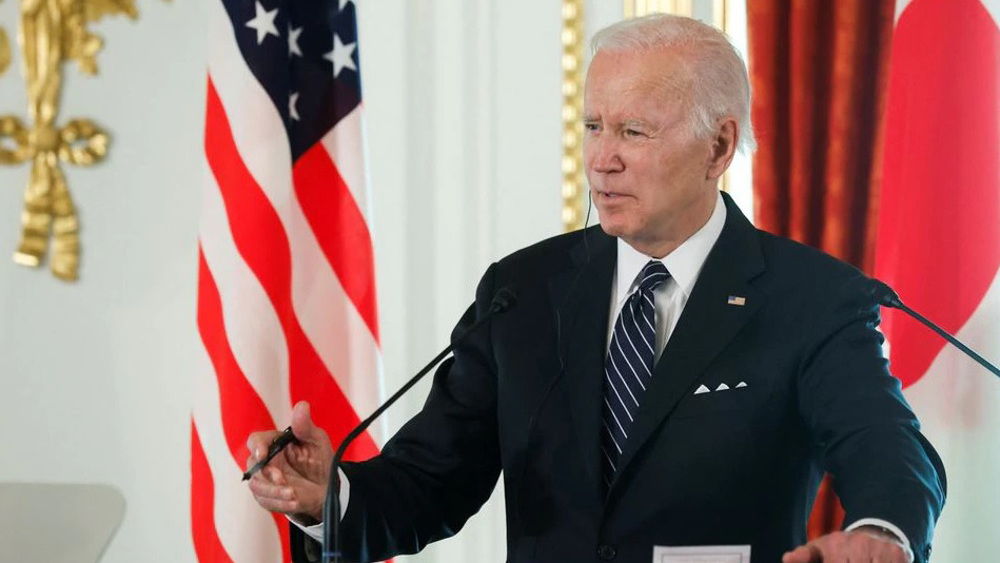
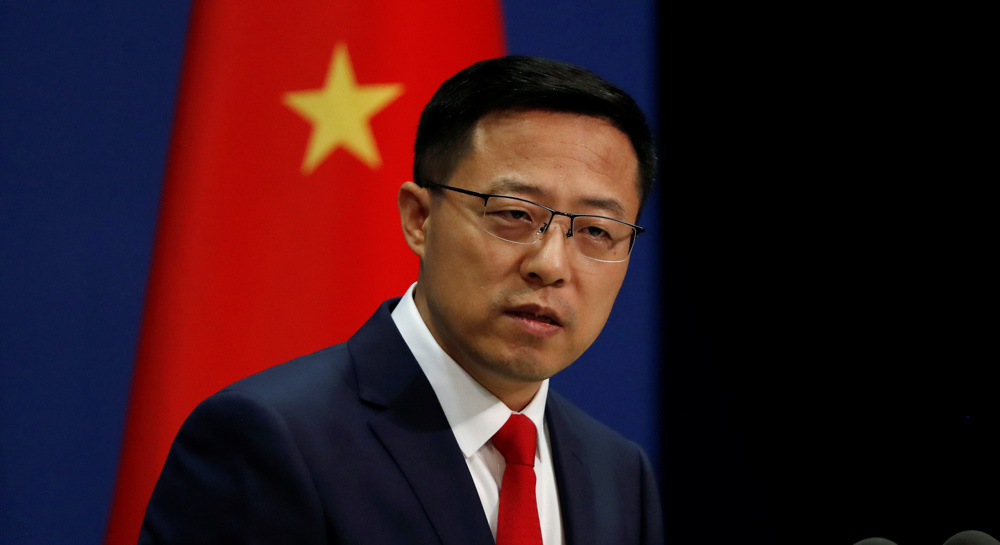
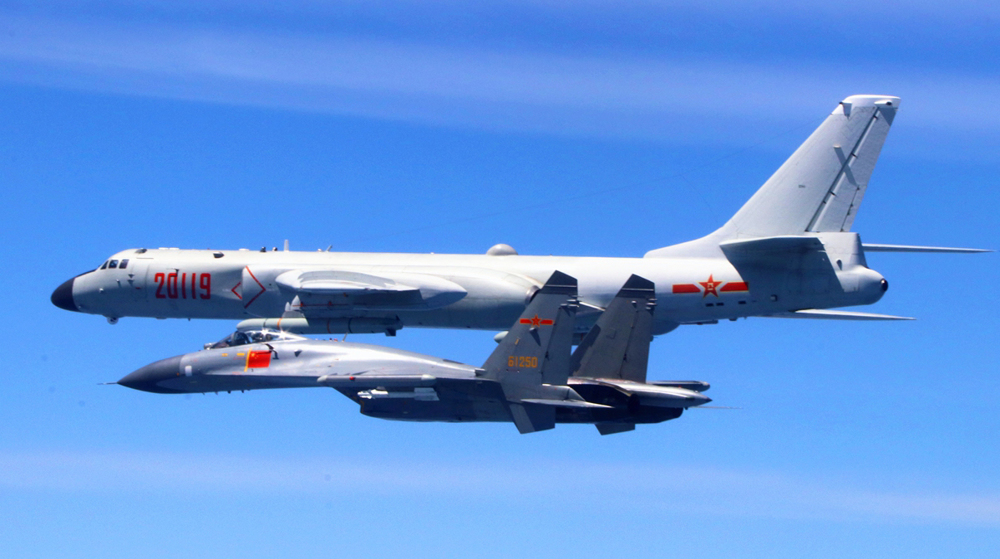
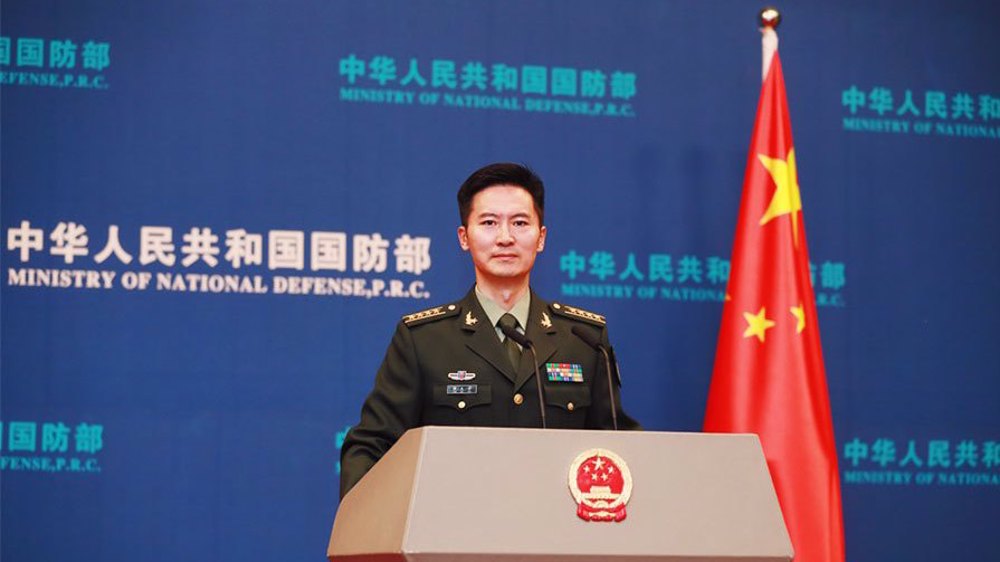
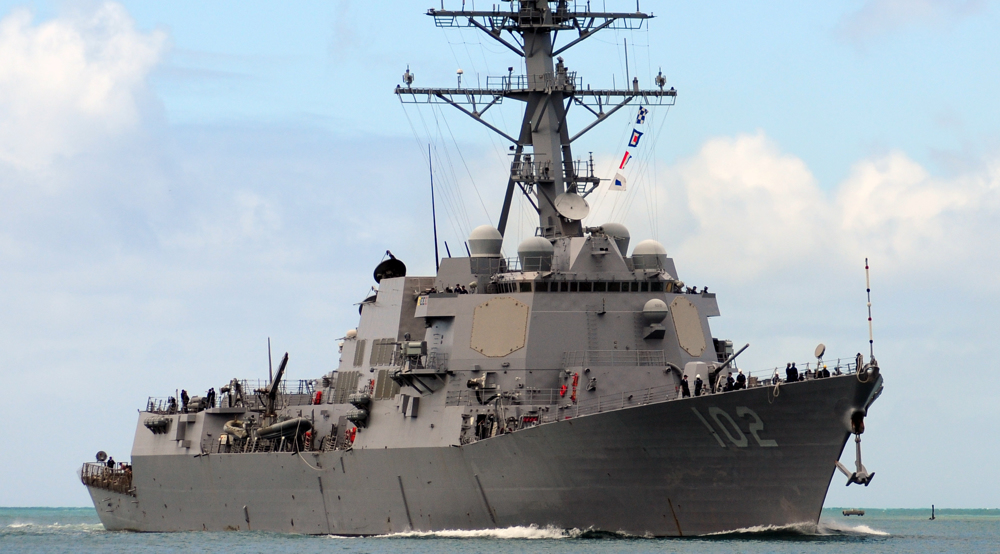
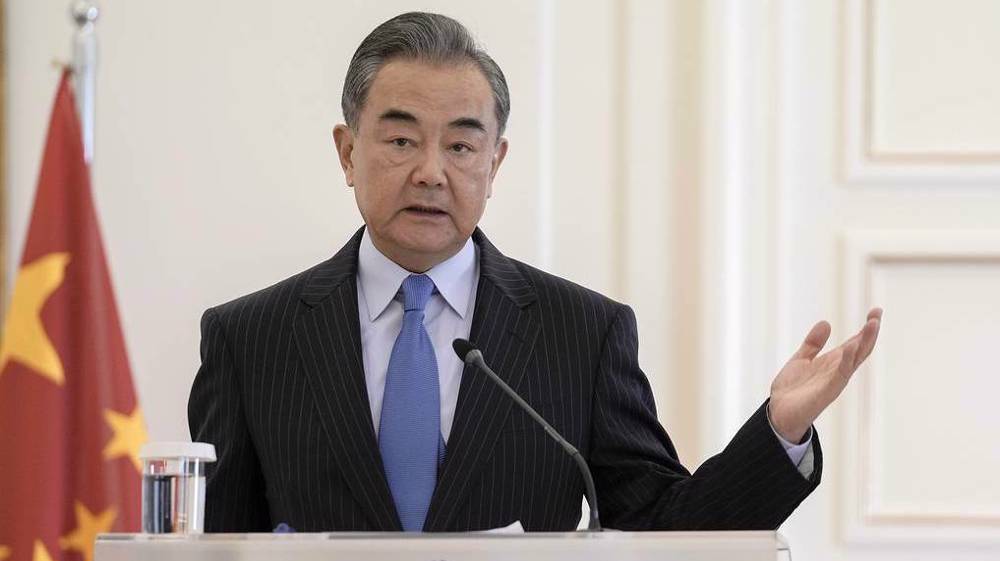

 This makes it easy to access the Press TV website
This makes it easy to access the Press TV website